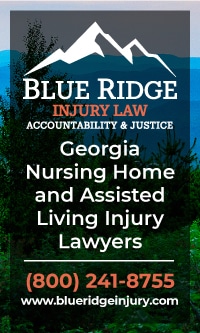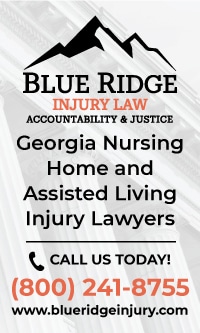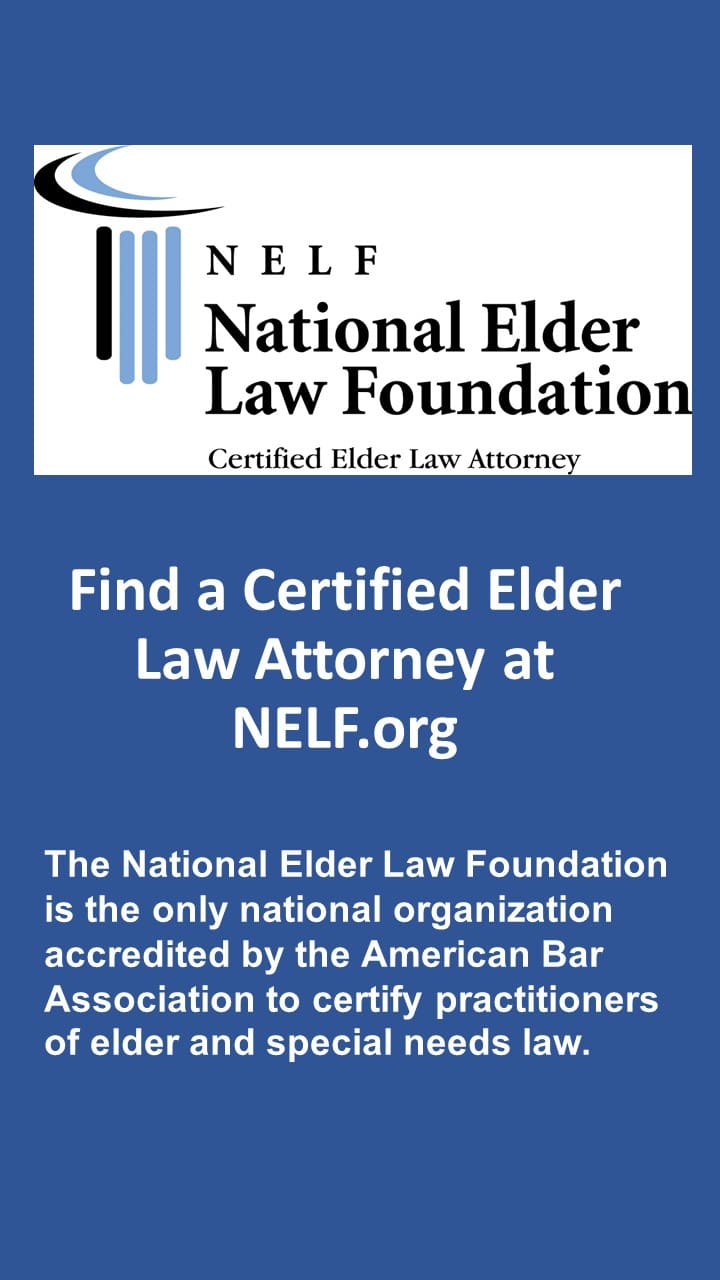In Hammerberg v. Department of Human Servs. (Minn. Ct. App. 4/22/2024), the State made an estate recovery claim against what appears to have been an income only trust. Very little of the trust language appears in the decision, but the “trust instrument required the trustee to pay all income derived from the trust to the” Settlors. The settlors were entitled to use and possess real estate. The Settlors reserved a right to replace the trustee and reserved a limited testamentary power to appoint the trust remainder among her descendants. More than five years had passed after the trust was created before Margaret Schubert applied for Medicaid. With that in mind, it sounds a lot like an irrevocable income only trust a/k/a a Medicaid Asset Protection Trust.
The trust held real estate, conveyed by Margaret and her husband, valued at approximately $480,228. Margaret applied for Medicaid in 2016 and the trust was not considered an asset. Before dying in 2019, Margaret received $210,396.93 in medical assistance.
The Medicaid agency recorded notices (liens) against the trust property in 2018. Although not specifically addressed, the appear to be TEFRA liens since they were filed prior to Margaret’s death. Hammerberg, the trustee, requested that the liens be removed since Margaret was not the property owner. When the agency refused, Hammerberg requested a fair hearing. The fair hearing judge ruled for the Medicaid agency. On appeal to the district court, the decision was reversed in favor of the trust. At the Court of Appeals level, the decision was reversed again with the Court of Appeals finding that the Commissioner could place a lien the trust property, at least to the extent of Margaret’s interest in the trust.
After reviewing federal law and noting that States have the option of expanding estate recovery, the Court found that Minnesota excised this option in 2009. “Today, section 256B.15, subdivision 1a(b)(5) provides, in relevant part, that a decedent’s estate includes “assets conveyed to a survivor, heir, or assign of the person through survivorship, living trust, transfer-on-death of title or deed, or other arrangements.” (Emphasis added.)”
Typically the phrase “living trust” means a revocable trust used to avoid probate. Nonetheless, the Court of Appeals found that Section 256B.15 applied to the trust because it was created during Margaret’s lifetime. Using this logic, any trust, whether revocable or irrevocable, is subject to Minnesota’s estate recovery law.
The Court of Appeals did not determine the value of Margaret’s interest in the trust property, but it rejected the trustee’s other defenses. Thus, the question posed above – How much protection to MAPT’s provide – goes unanswered at this time. But if the Minnesota Court of Appeals uses the same literal interpretation of “assets conveyed … through” that it used when decided the IIOT was a “living trust” then the probable answer is “not much.”








